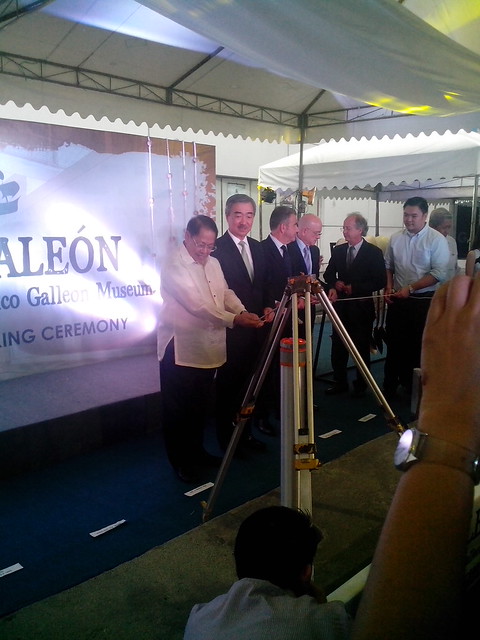Excerpt from my new Coursera course on How to Change the World:
I live in the Philippines, country ranked as 12th populated country in the world, growing at a rate of 1.89% per year. I do not have the capacity to know exactly how much poverty there is in my country but with dwindling resources in a country with 300,000 sq km total land area and a projected population of 100.6 million for 2014, there is a huge imbalance that I see. Our country is situated in the Pacific Ring of Fire and needless to say, we’ve had our share of Category 5 hurricanes. Natural disasters occur due to denuded forests because of mining which causes mudflow during onslaught of rain. Crime is on the rise especially during the Christmas season. Poverty and hunger are present especially in the urban and rural poor communities. More than one-quarter (<b>27.9%</b>) of the population fall below the poverty line the first semester of 2012 where the average monthly wage is $279, calculated by the ILO as 19% of the world’s average wage. This places the country at the bottom 3 out of 72 listed countries.
I reside in the biggest city with a population of 2,679,450. Beneath this city lies a major fault line that has not move for a few hundred years or so. I actually live a block away from a river where a water reservoir’s overflow go to when there are heavy rains. Beside the river are so many informal settler families and their young children. The streets become these children’s playground (and that includes our elevated driveway). The river becomes their garbage dump. The city council do not seem to notice the dangers because these informal communities mean votes during elections.
I know this sounds bleak and negative but this is the reality that we have to face. Why did I start this article with the number about our population? For me, I believe that population plays a big role in determining the poverty (and progress) of a nation.
1. More people mean more resources are used up: land space, water, food.
2. More people mean cramped classrooms, informal communities, increased crimes due to not having enough income for daily needs.
3. More people mean more families not being able to send their children to school and in turn when these children grow older, will be unable to send their future children in school to be educated and to learn skills that will pave the way for them to have jobs and incomes to provide for their families.
4. More people mean lack of space to live thus people form informal communities in places that are vulnerable to natural disasters like foot of the hills, riverside and seaside areas.
How can I help?
How can you help?


